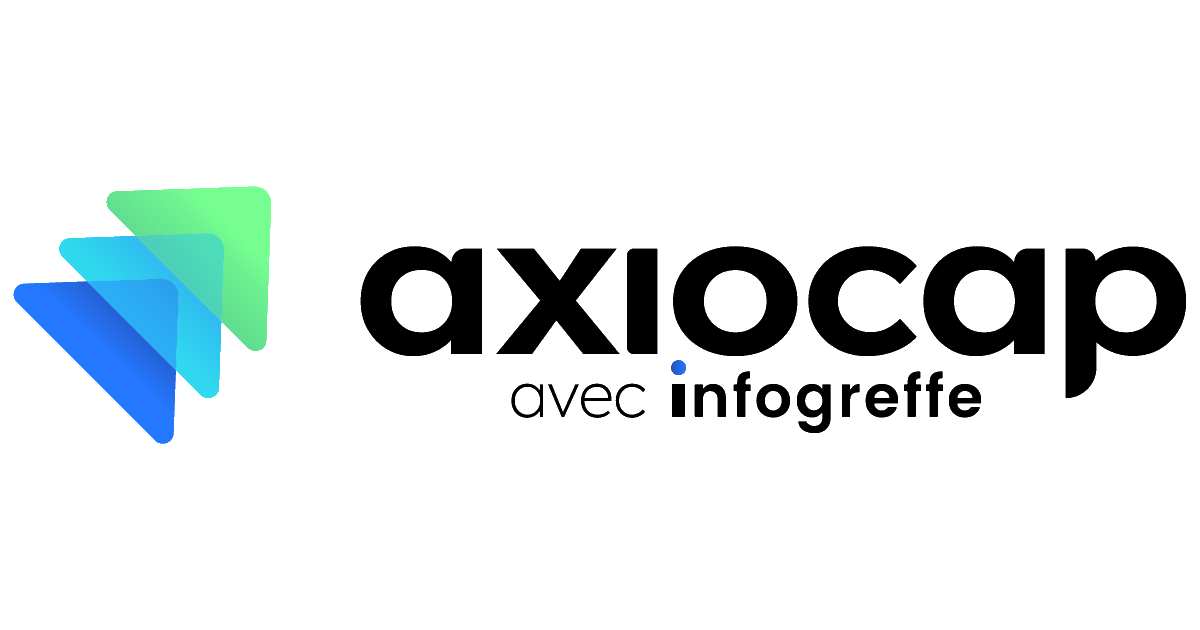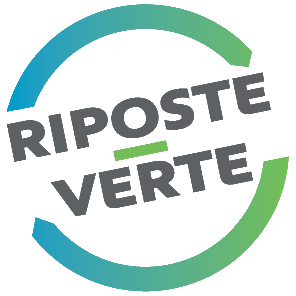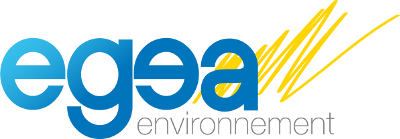 Entry into effect / Next deadline
Entry into effect / Next deadline
 Average estimated time to comply
Average estimated time to comply
 N.C.
N.C.
 Theoretical penalty(s) of non-compliance subject to the judge's discretion and, where applicable, to certain conditions
Theoretical penalty(s) of non-compliance subject to the judge's discretion and, where applicable, to certain conditions
 Entry into effect / Next deadline
Entry into effect / Next deadline
 Average estimated time to comply
Average estimated time to comply
 N.C.
N.C.
 Theoretical penalty(s) of non-compliance subject to the judge's discretion and, where applicable, to certain conditions
Theoretical penalty(s) of non-compliance subject to the judge's discretion and, where applicable, to certain conditions
 Entry into effect / Next deadline
Entry into effect / Next deadline
 Average estimated time to comply
Average estimated time to comply
 15000 €
15000 €
 Theoretical penalty(s) of non-compliance subject to the judge's discretion and, where applicable, to certain conditions
Theoretical penalty(s) of non-compliance subject to the judge's discretion and, where applicable, to certain conditions
 Entry into effect / Next deadline
Entry into effect / Next deadline
 Average estimated time to comply
Average estimated time to comply
 [to be determined] €
[to be determined] €
 Theoretical penalty(s) of non-compliance subject to the judge's discretion and, where applicable, to certain conditions
Theoretical penalty(s) of non-compliance subject to the judge's discretion and, where applicable, to certain conditions
 Entry into effect / Next deadline
Entry into effect / Next deadline
 Average estimated time to comply
Average estimated time to comply
 15000 €
15000 €
 Theoretical penalty(s) of non-compliance subject to the judge's discretion and, where applicable, to certain conditions
Theoretical penalty(s) of non-compliance subject to the judge's discretion and, where applicable, to certain conditions
 Entry into effect / Next deadline
Entry into effect / Next deadline
 Average estimated time to comply
Average estimated time to comply
 [to be determined] €
[to be determined] €
 Theoretical penalty(s) of non-compliance subject to the judge's discretion and, where applicable, to certain conditions
Theoretical penalty(s) of non-compliance subject to the judge's discretion and, where applicable, to certain conditions
 Entry into effect / Next deadline
Entry into effect / Next deadline
 Average estimated time to comply
Average estimated time to comply
 1500 €
1500 €
 Theoretical penalty(s) of non-compliance subject to the judge's discretion and, where applicable, to certain conditions
Theoretical penalty(s) of non-compliance subject to the judge's discretion and, where applicable, to certain conditions
 Entry into effect / Next deadline
Entry into effect / Next deadline
 Average estimated time to comply
Average estimated time to comply
 [to be determined] €
[to be determined] €
 Theoretical penalty(s) of non-compliance subject to the judge's discretion and, where applicable, to certain conditions
Theoretical penalty(s) of non-compliance subject to the judge's discretion and, where applicable, to certain conditions










Learn about the rights and obligations applicable to a business and the risks and opportunities associated with them


Delegate the management of rights and obligations to a collaborator or other competent person (lawyer, accountant, etc.)


Refine your search by using filters on content, its consequences, its nature, etc.


Outsource the compliance of your obligations or the subscription to your rights in a few clicks

A very interesting new service to know if you are in the nails at the level of the regulations!

Being able to comply online with a specific obligation and monitor its compliance brings great comfort.
The fact of grouping the obligations in a single interface is interesting and practical.


